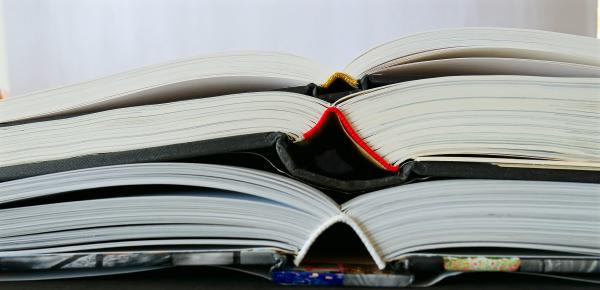Every year the British Medical Journal publishes an issue containing articles, with tongue firmly planted in cheek.
“While the indulgence of regular mince pies undoubtedly maintains his energy levels during his flight, this cannot be condoned. Ideally he should be eating a more balanced diet because high carbohydrate and processed foods do not satisfy hunger, but raise insulin levels and paradoxically can lead to poorer performance. He might be better off snacking on the carrot sticks left out for his reindeer.”
Delivering human factors at Christmas: how does Father Christmas do it?
And from the same issue for those who always show an abundance of caution.
“Is it worth it? In 2002 Isaacs and Fitzgerald analysed the cost effectiveness of Christmas “using clinical and economic variable estimates, derived by inspired guesswork.” They did not calculate QALYs, JOLLYs (“joyous outcomes living longer at yuletide”), or HOLLYs (“happiness outweighs less lean years”), but nevertheless concluded that “Christmas is not cost effective.”
While some would argue that science is not cultural, few of us can argue that how science is written will often take on the tone and tenor of the author and their cultural history. I’ve written on the cultural impact on how we have described our immune system over time, but Nautil.us takes it one step further.
“‘The biological ideas of robustness, evolvability, and complexity resemble the tactical ideas of “Gote,” “Aji,” and “Seki” from Go by virtue of their common ground in combinatorial rule systems. Players of Go learn Gote, the defensive move that offers no threat and is not countered, as well as Sente, the attacking move that demands a response. Great players like Kitani recognize that building a “Thick,” or unassailable, territory with Gote is one of the surest ways of establishing an effective Sente in the future. The key is to build Aji, or latent opportunity or potentiality, into one’s board position. Seki describes a group of stones (pieces on the Go board) that cannot be modified, as any stone placed into the group will be captured.”
Darwin played chess, not Go. Did his cultural life influence his description of evolution? Here is an interesting piece mashing up the strategy of Go and the folding of proteins, a critical factor in our repertoire of evolutionary responses. From Natuil.us, Playing Go with Darwin
And Nautil.us brings us another interesting piece on an important but lesser mentioned part of our immune system.
“The journey of the T-cells begins during a person’s childhood, when immature T-cells follow a trail of chemical signals that leads them to the thymus. T-cells are born in the bone marrow, initially equipped only with the necessary sensors (called receptors) to detect these chemical bread crumbs. Before they leave the thymus to fight disease, they must develop a whole additional set of specific receptors that allows them to identify every type of healthy cell, tissue, and protein; otherwise, they will end up attacking the wrong target. “T-cells have to learn about anything they could encounter elsewhere in the body, and they have to do it without traveling,” Meyer says. Given that the average body contains 30 trillion cells of some 200 varieties, each T-cell needs an extremely thorough education.”
Welcome to Thymus University, the home of the education of our T cells.
How Does Anyone Stay Healthy in a World Full of Germs? A look at the mashup of computing and immunology, not so much to create theories and simulations, but to identify testable models.
“While a competitive market creates inequality, our democracy requires the opposite.”
Finally, an economist’s delight, the trade-off relationship between economy and democracy. It has pertinence in this time of COVID as we consider the trade-off between the virus and the economy – it may be a strawman argument or perhaps “it is a tale, told by an idiot, full of sound and fury, Signifying nothing.” From Econlife, How Do the Economy and Democracy Need Each Other?




